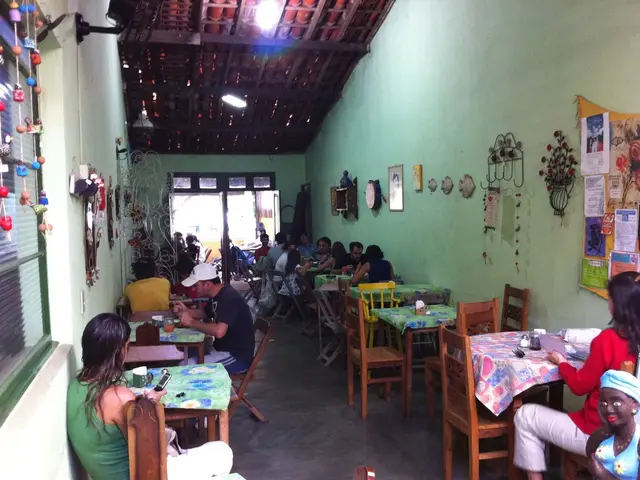EU's Supply Chain Directive: Will Revamp Boost Transparency or Burden Business?
The EU's Supply Chain Directive, implemented in 2024, aims to monitor human rights and environmental protection throughout supply chains. However, its effectiveness and potential costs have sparked debate.
A joint analysis by Wifo and the Supply Chain Intelligence Institute Austria (ASCII) suggests that the new regulation may not significantly improve transparency and could impose high bureaucratic costs. The revised act will only apply to large companies with over 5000 employees and an annual turnover of at least 1.5 billion euros, a significant increase from the original thresholds.
Klaus Friesenbichler, deputy director of ASCII and senior economist at Wifo, believes the reform may become a token regulation, with limited impact on companies' basic behaviour. Critics argue that the regulation may miss gross violations and gray areas, as seen in industries like cobalt production in the Congo and the textile industry. One proposed solution is the creation of positive and negative lists, holding large companies responsible for their suppliers. However, companies will only need to check their direct suppliers instead of the entire supply chain, as originally intended. This could lead to higher costs for consumers but not necessarily improved compliance.
The EU's Supply Chain Directive aims to enhance transparency and protect human rights and the environment. However, its revised version may not significantly improve the situation, and its impact on smaller companies and industries prone to deforestation remains uncertain. As the debate continues, companies and consumers alike await the final outcome of this regulatory shift.
Read also:
- American teenagers taking up farming roles previously filled by immigrants, a concept revisited from 1965's labor market shift.
- Weekly affairs in the German Federal Parliament (Bundestag)
- Landslide claims seven lives, injures six individuals while they work to restore a water channel in the northern region of Pakistan
- Escalating conflict in Sudan has prompted the United Nations to announce a critical gender crisis, highlighting the disproportionate impact of the ongoing violence on women and girls.






